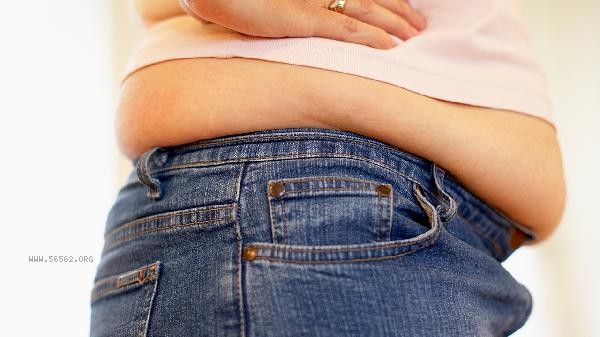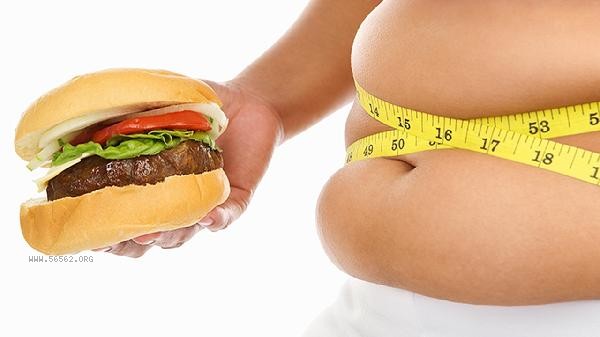Drinking a small amount of red wine during weight loss usually does not significantly affect the effect, but excessive consumption may hinder the weight loss process. The calorie and alcohol metabolism characteristics of red wine, as well as its impact on appetite, are the main factors to consider. Red wine is a low alcohol beverage with approximately 80-100 calories per 100 milliliters. When consumed in moderation, alcohol is preferentially metabolized by the liver into acetic acid, briefly inhibiting fat breakdown, but this process has limited impact on overall energy balance. Dry red wine has a lower sugar content, and tannins and polyphenols may help regulate blood lipid metabolism. Research shows that consuming no more than 150 milliliters of red wine per day is relatively safe for weight management populations, and some people can also help control their appetite by drinking small amounts before meals. Long term excessive alcohol consumption can lead to excessive calorie intake, and acetaldehyde produced by alcohol metabolism may interfere with normal liver function and reduce fat oxidation efficiency. Alcohol can stimulate gastric acid secretion and increase hunger, which can easily trigger overeating of high-fat and high sugar foods. Alcoholics often experience muscle loss and a decrease in basal metabolic rate, which may lead to a predisposition to obesity. Some people are sensitive to alcohol and may experience edema or metabolic disorders after drinking, which should be strictly restricted.

If you choose to drink red wine during weight loss, it is recommended to limit your single intake to no more than 100 milliliters, no more than 3 times a week, and avoid pairing it with high calorie appetizers. Prioritize dry red or semi dry types, and increase aerobic exercise appropriately after consumption to help burn calories. Alcohol may affect sleep quality and should be avoided before bedtime. People with fatty liver, insulin resistance, or metabolic syndrome should consult to maintain a light and regular diet, combined with strength training to maintain muscle mass, which can reduce the potential negative effects of alcohol on weight loss.











Comments (0)
Leave a Comment
No comments yet
Be the first to share your thoughts!